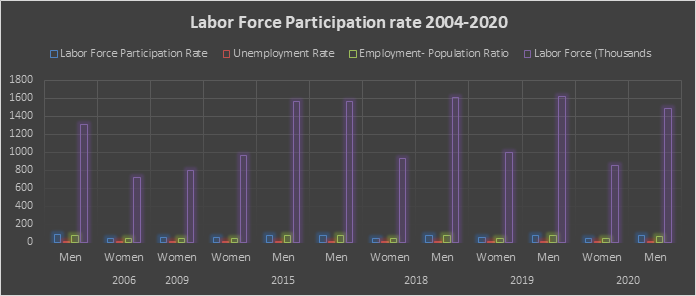
Downloads
Keywords:
Five to Five: Sex-Disaggregated Issues in Bicol Region (V), Philippines Through the Lens of SDG 5
None
Authors
Abstract
The paper examines the sex-disgregated issues affecting men and women in Bicol Region (5), Philippines, through the lens of Sustainable Development Goals (SDG 5) indicators. Utilizing qualitative-evaluative research methodologies such as comparative data analysis and documentary analysis, the study analyzes data from various government agencies to identify persistent gender disparities in labor market participation, health, and political representation. Findings revealed that significant challenges remain unsolved despite gradual improvements in women's engagement in public life, including cultural barriers, income inequalities, and limited access to leadership roles. The paper emphasizes the necessity of generating sex-disaggregated data to inform policy-making and recommends that Local Government Units, NGOs, and private sectors institutionalize SDG localization to address identified issues effectively. The study also advocates for inclusive policies that promote gender equality and enhance women's societal roles, contributing to a more equitable and harmonious society.



